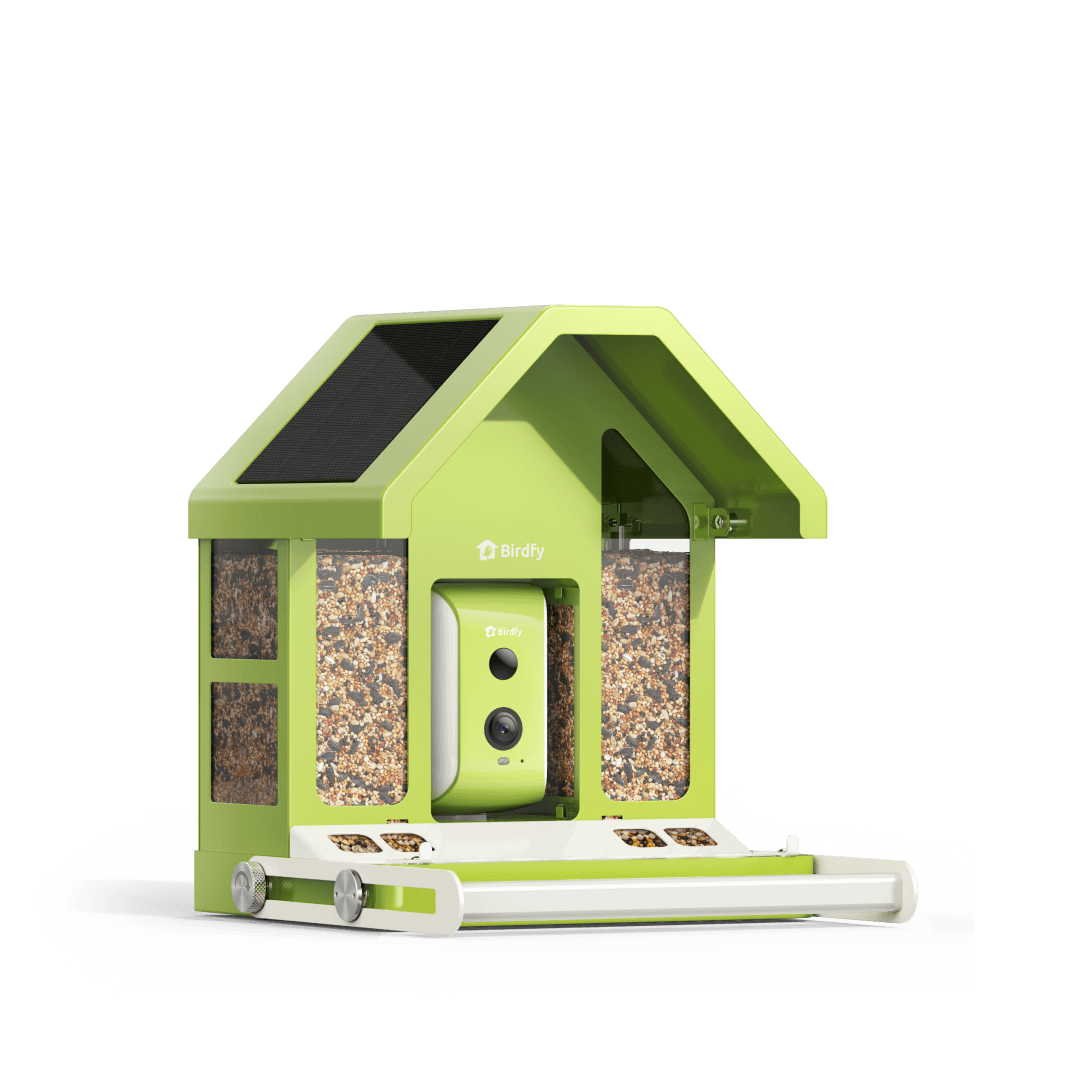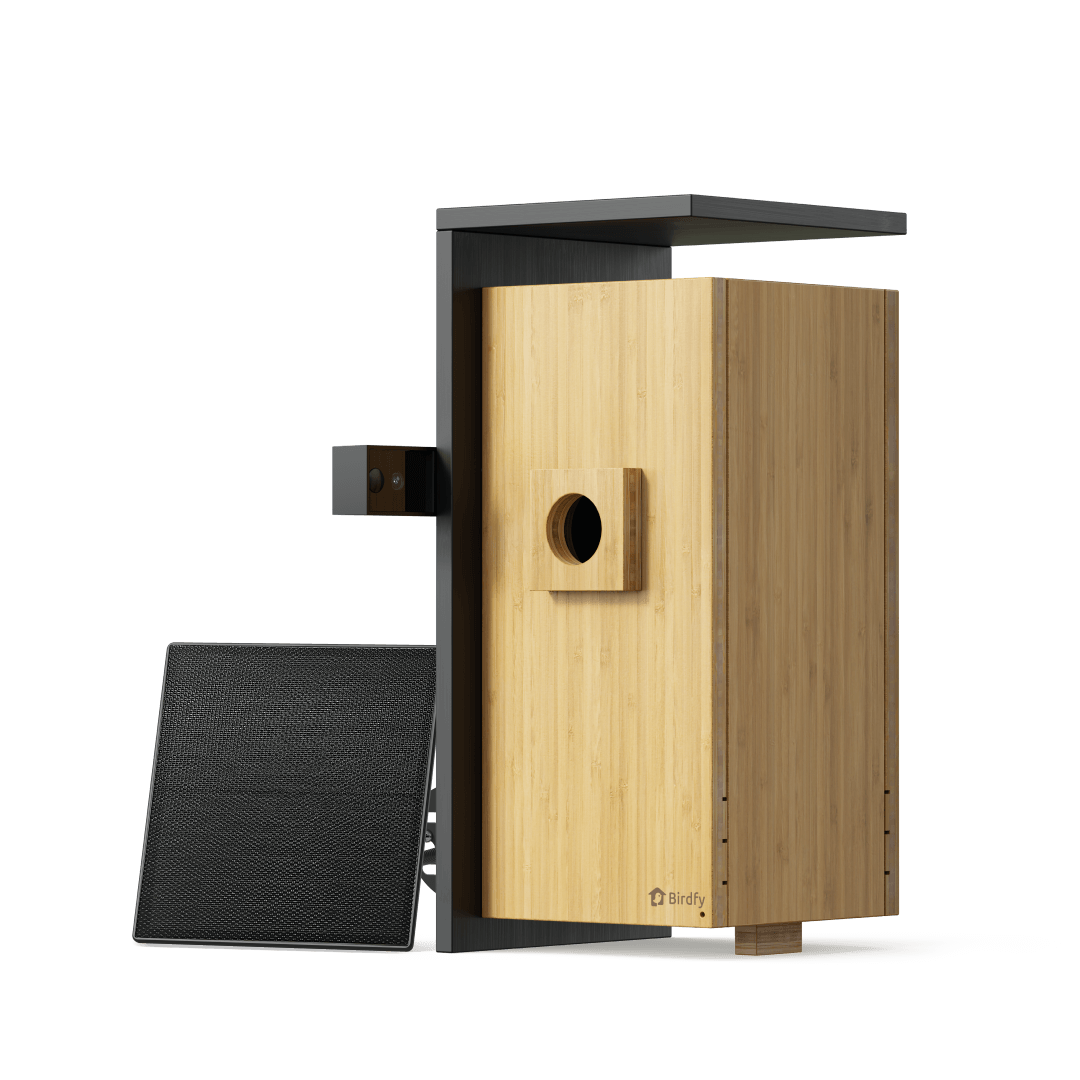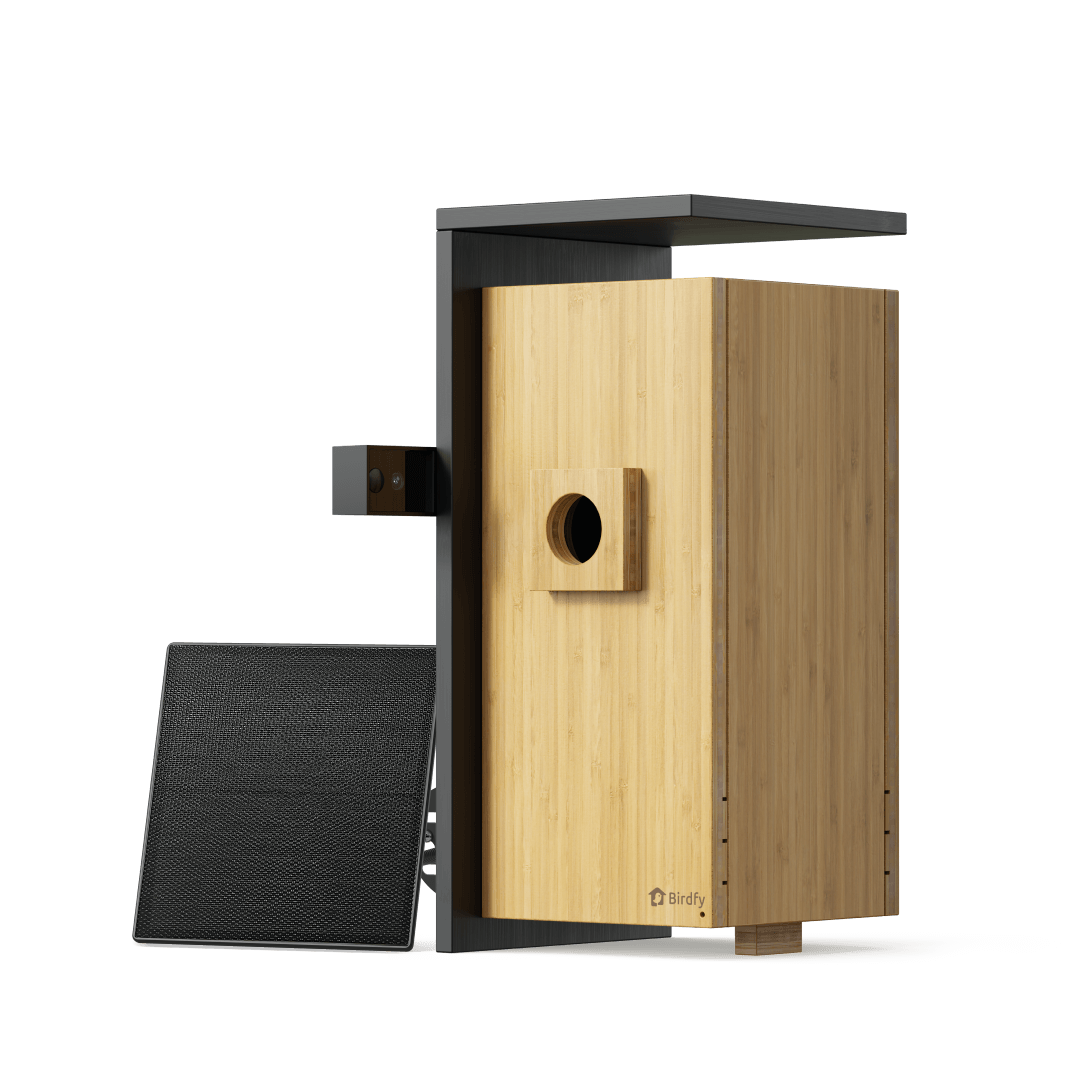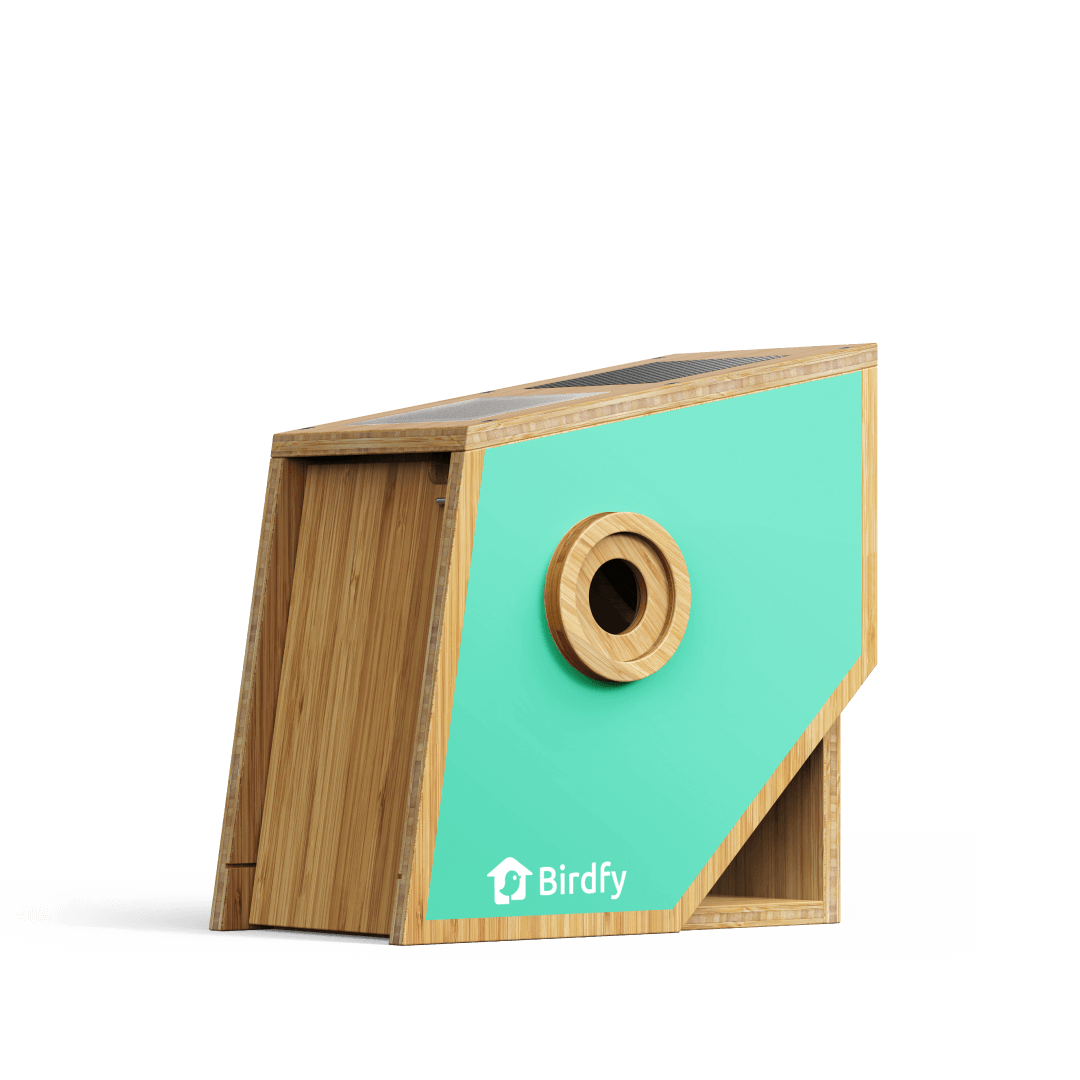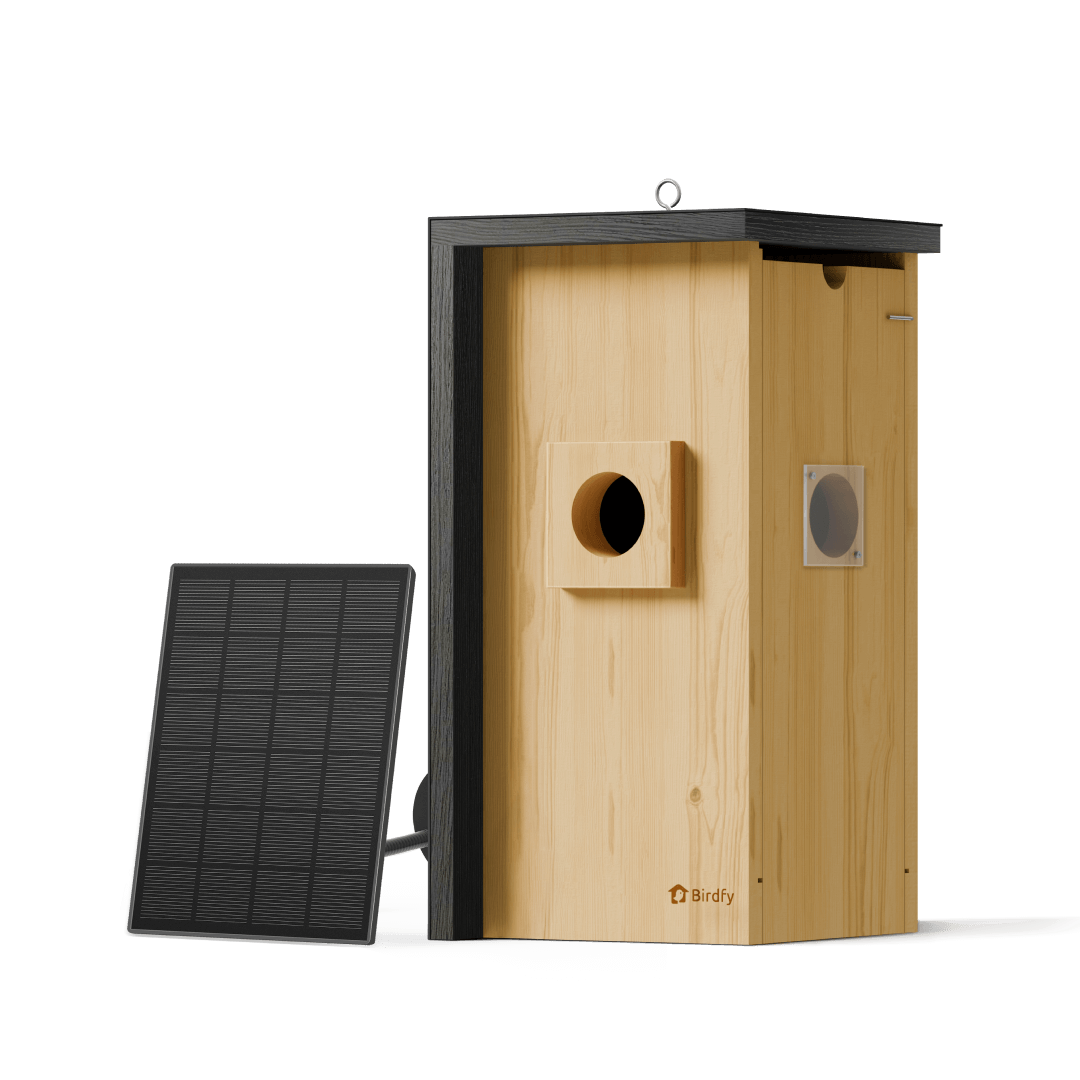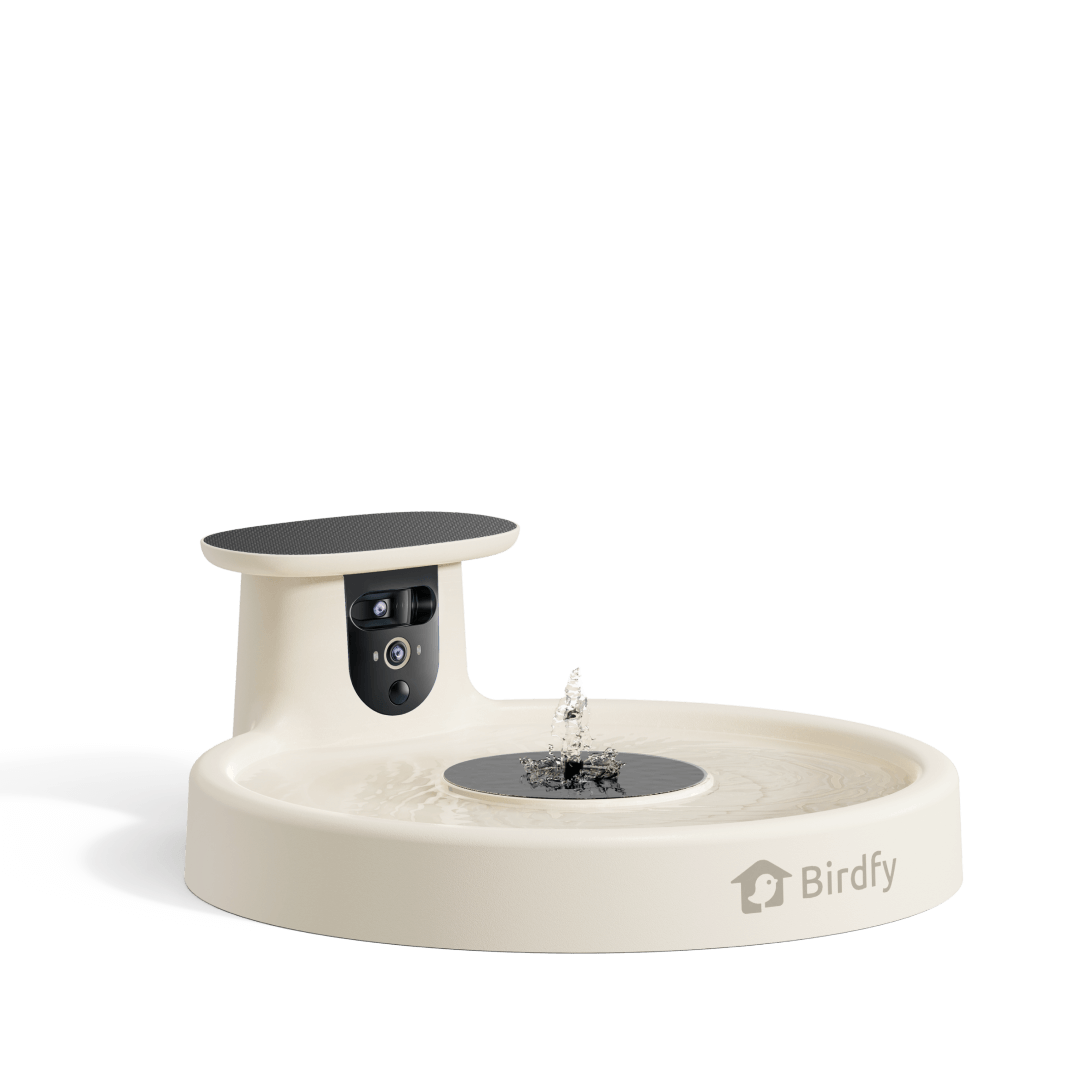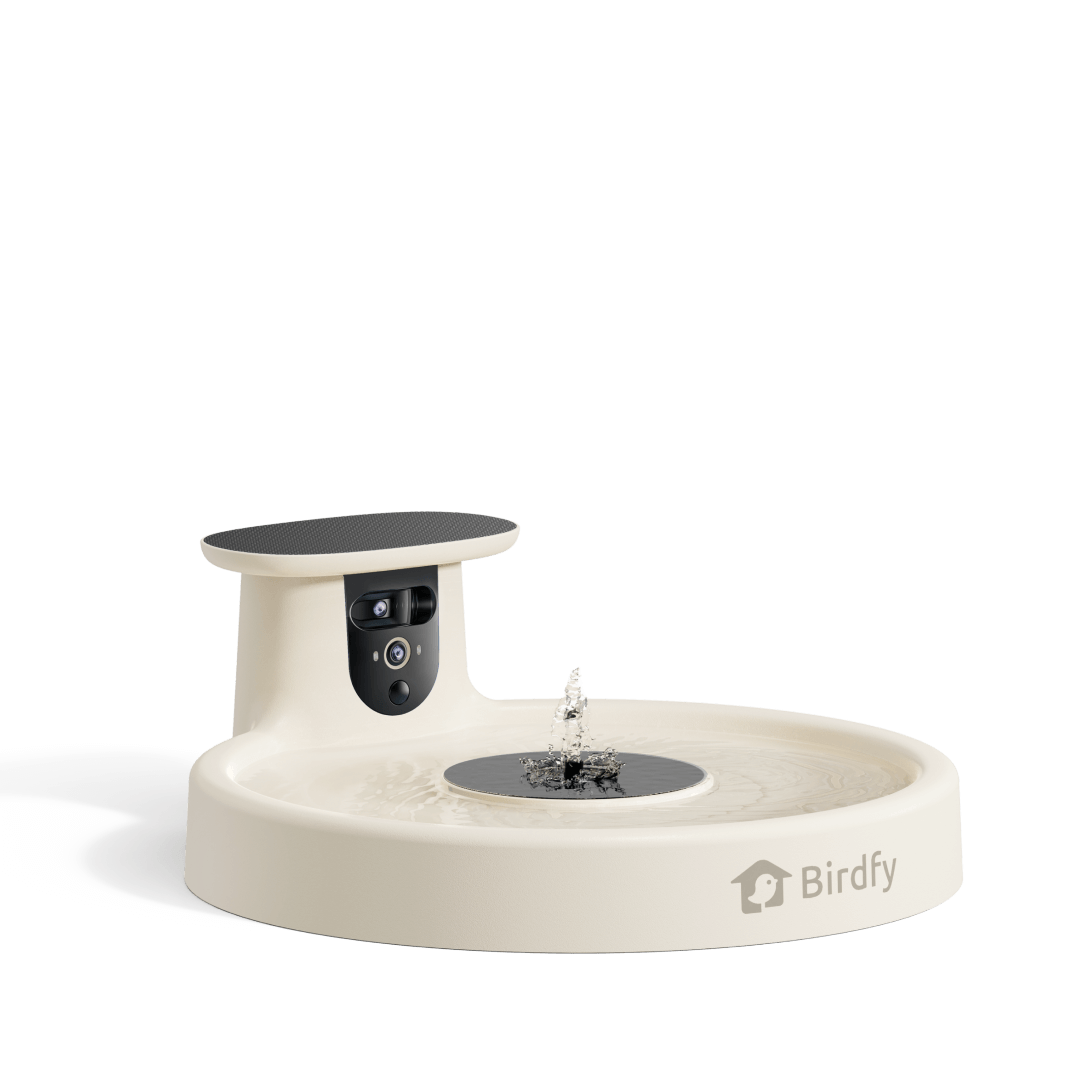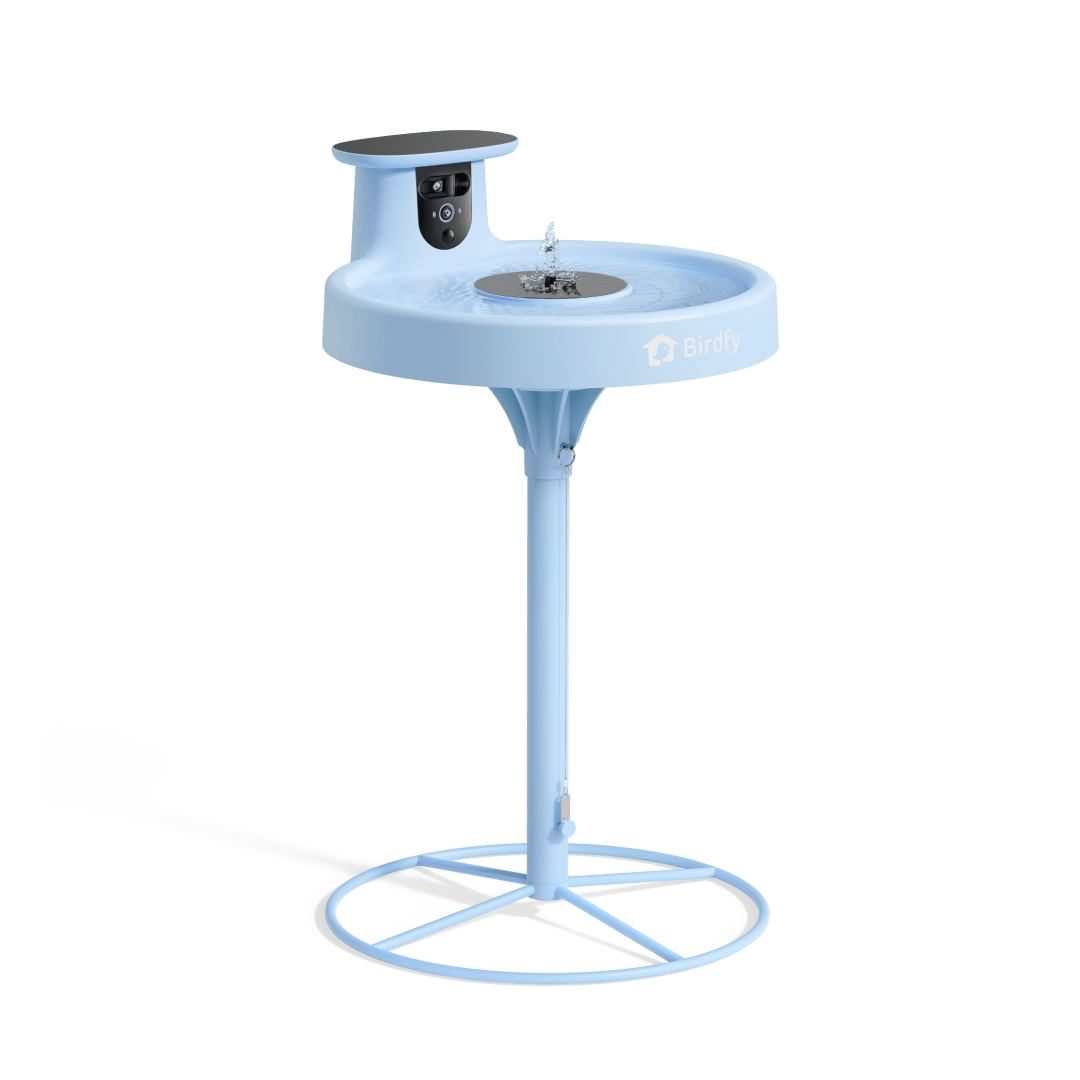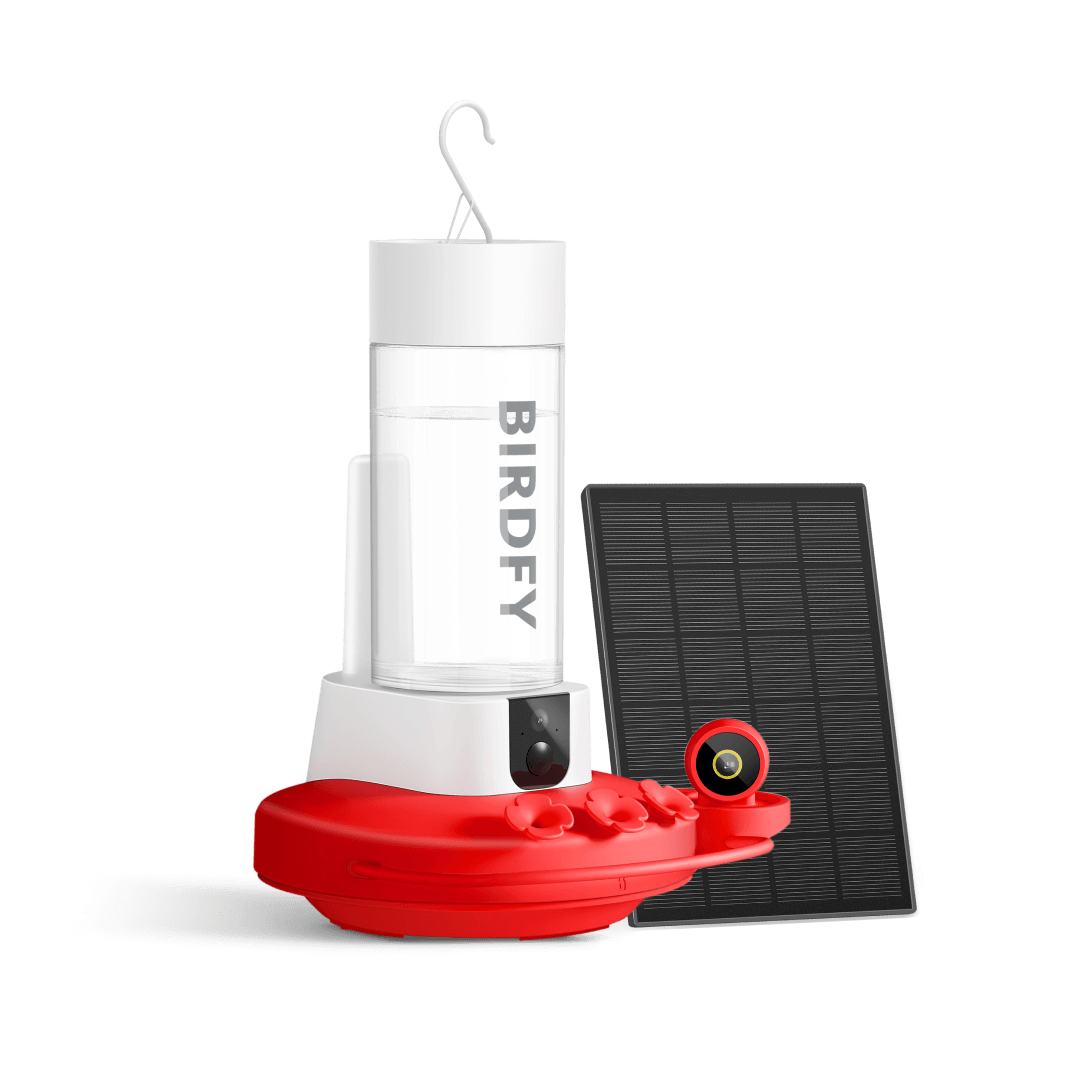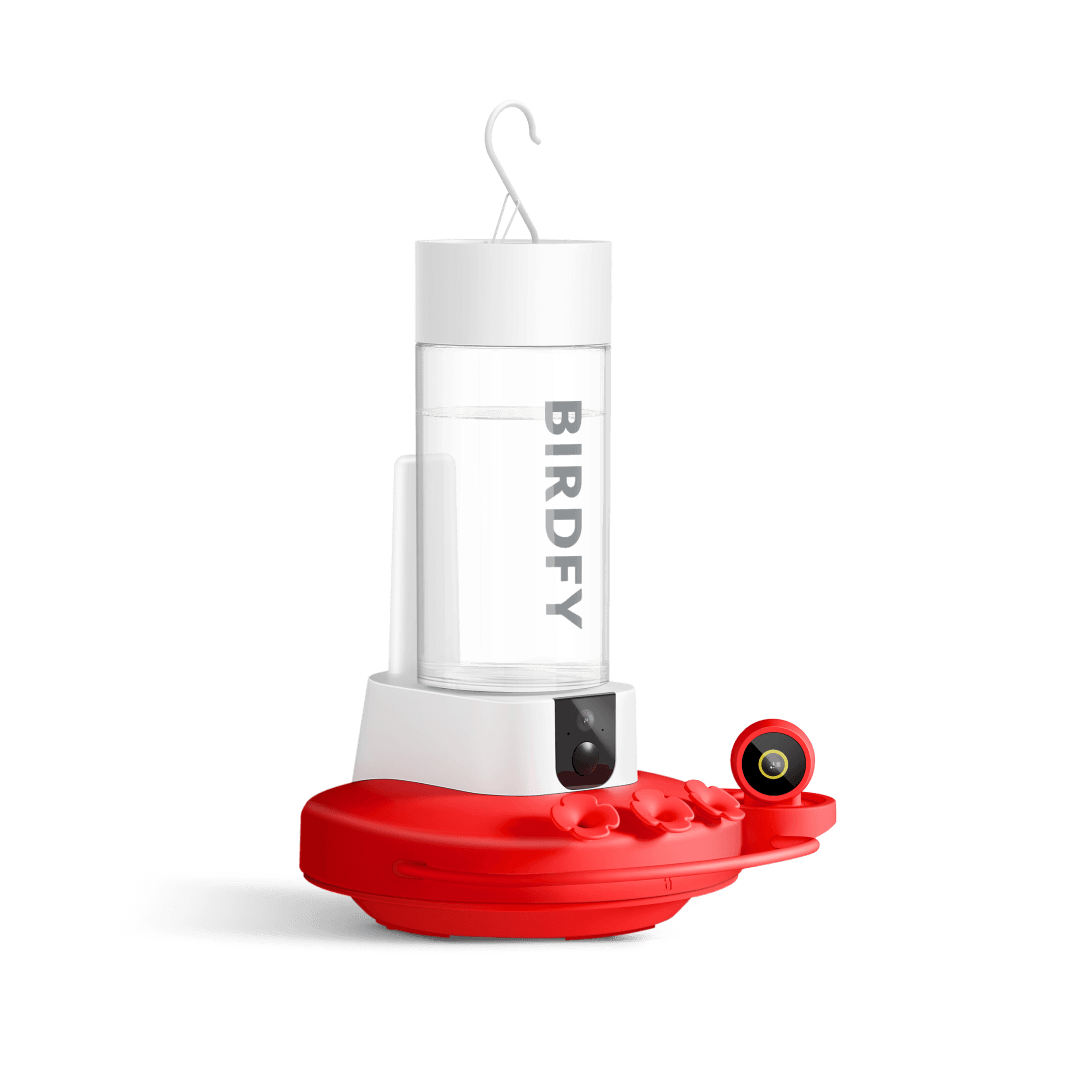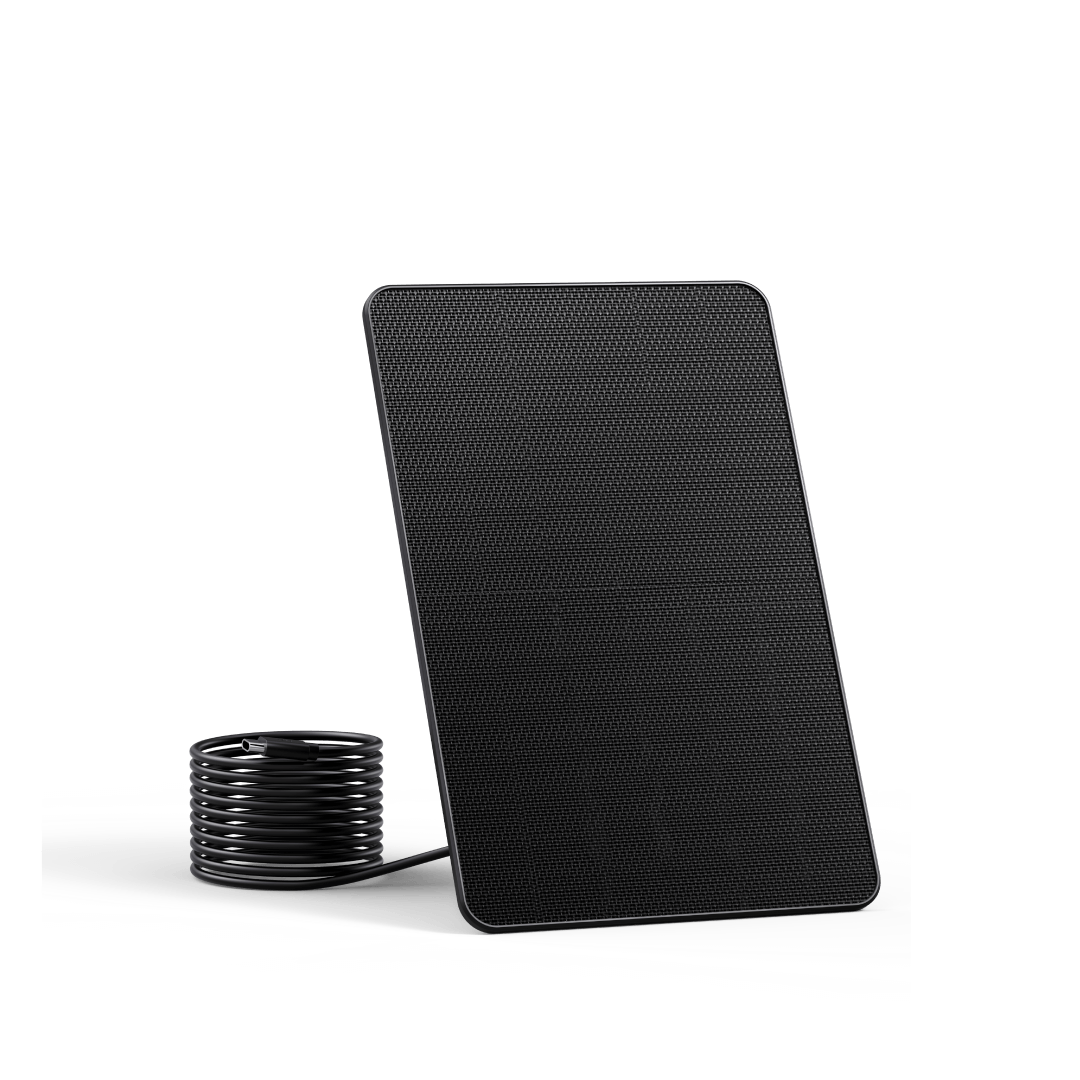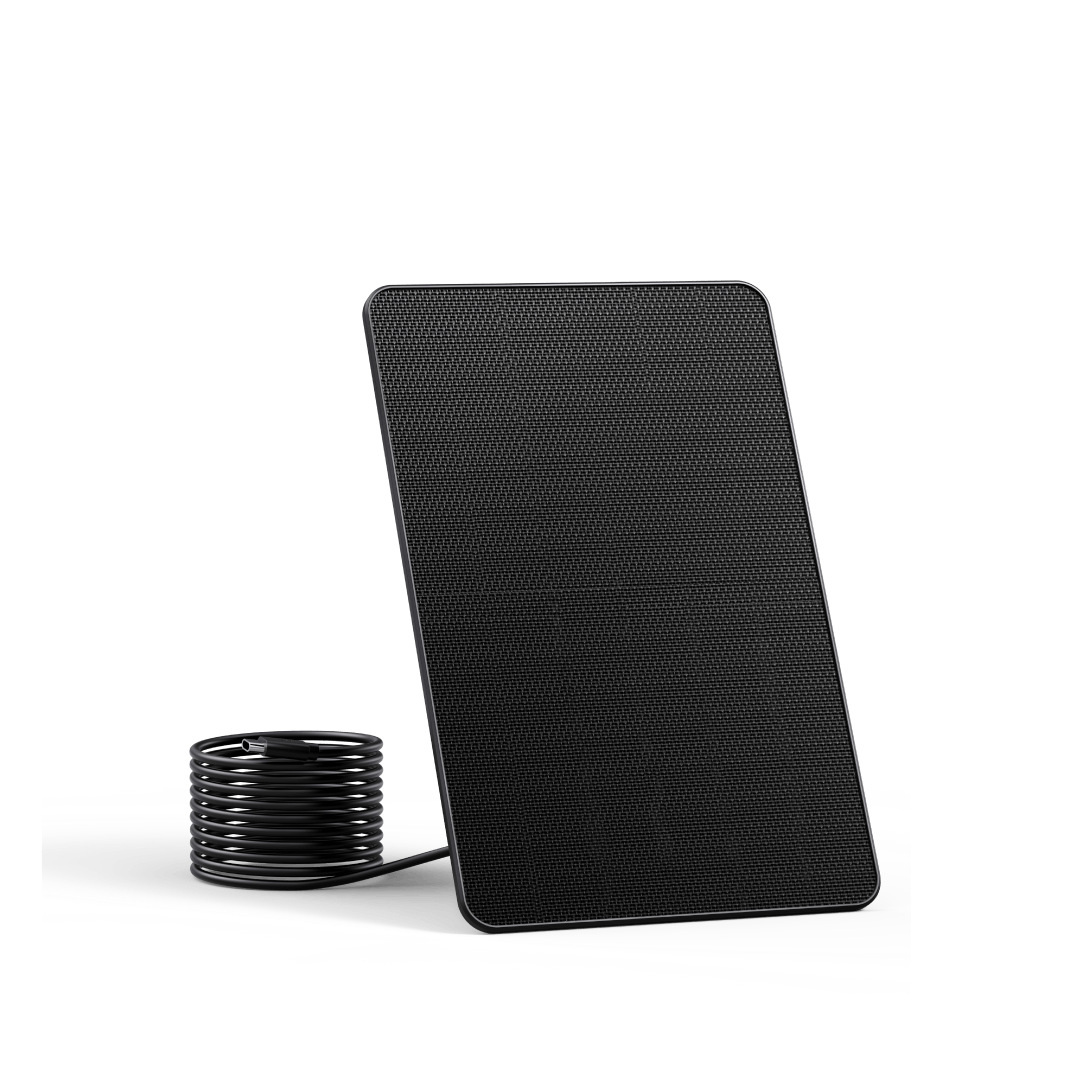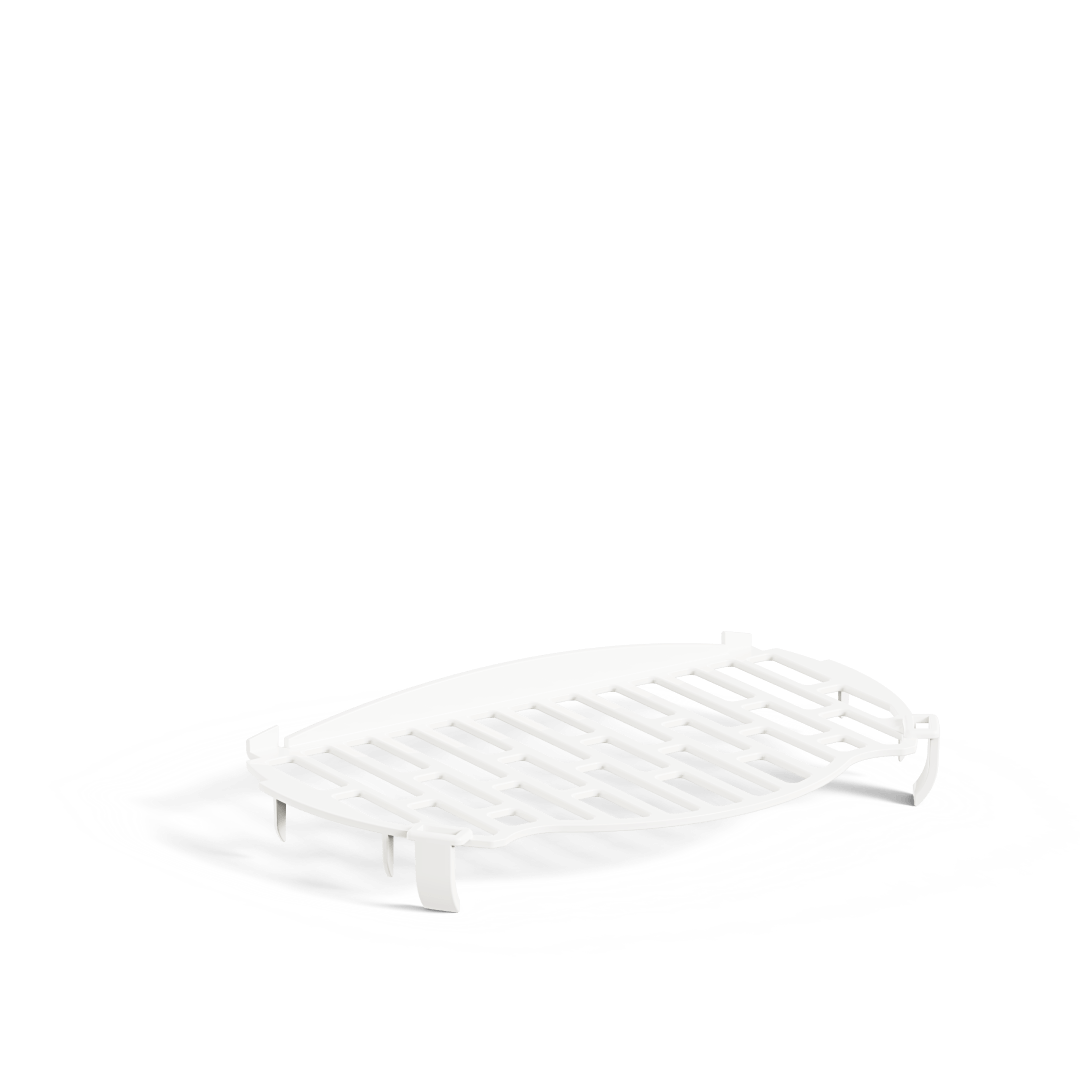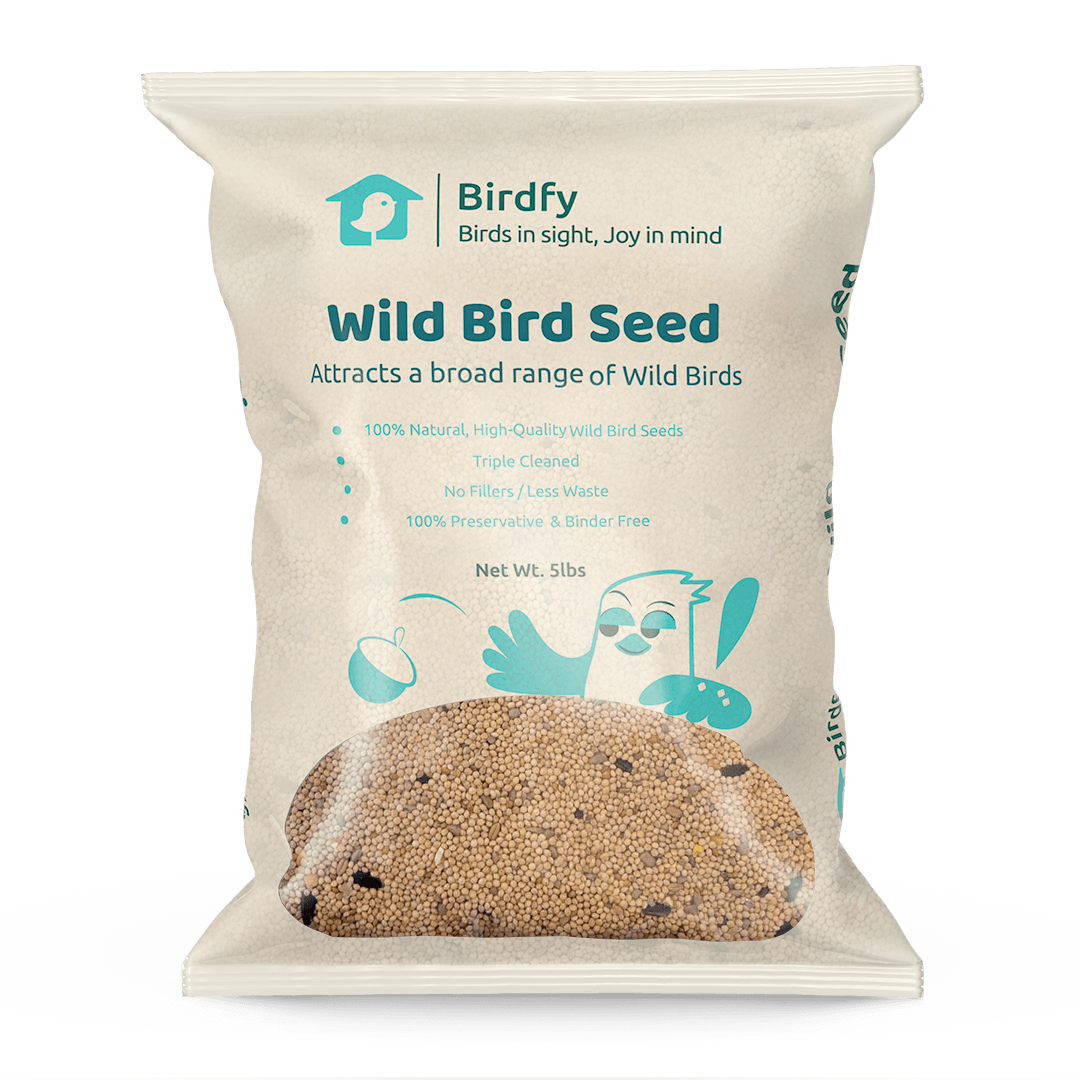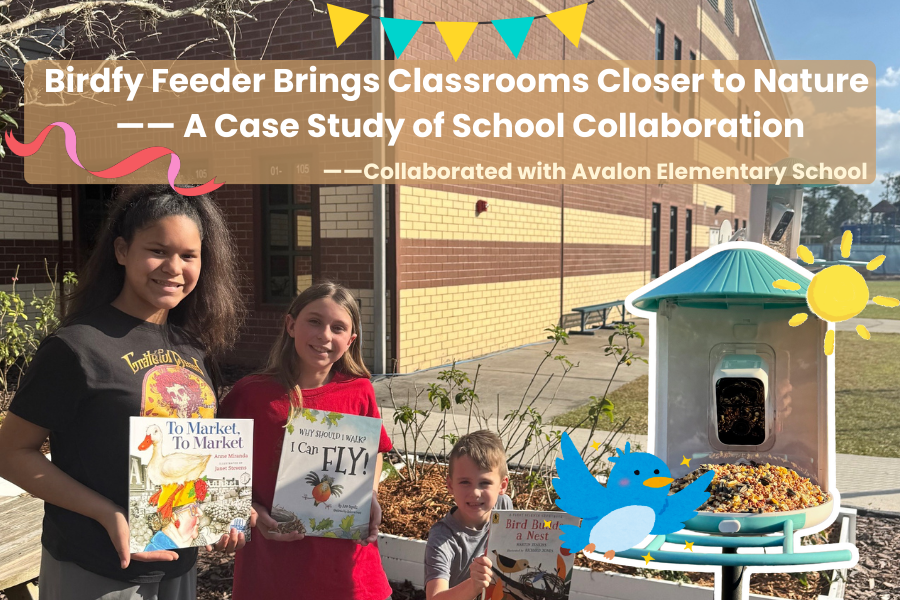Is a Bald Bird Getting Sick? Understanding the Causes and Implications of Feather Loss
Bird plucking is a condition associated with various causes and implications that should be understood when facing such a problem. Birds' loss of feathers or hair discourages owners and lovers, which is why baldness in birds can be an issue.
Generally, some degree of feather shedding may be believed to be part of some bird’s life cycle, but it may also be a sign of a disease. It is, therefore, essential to understand why a bird is bald and whether it is a case that requires the bird to see a vet or is just perfectly healthy and normal. This article discusses the different causes of alopecia in birds, health-wise, and practical ways of managing featherless friends.
Causes of Alopecia in Birds: Some of the Most Usual Ones
| Cause | Summary |
| Moulting | Normal feather shedding and regrowth. |
| Feather Plucking | Birds pull out feathers due to stress or boredom. |
| Nutritional Issues | Poor diet affects feather health. |
| Parasites/Infections | Mites or infections causing feather loss. |
| Hormonal Imbalances | Hormone changes lead to feather loss, especially in the breeding season. |
1. Molting Process
Moulting is a physiological process in which birds lose their feathers to be replaced by new ones. It is not strange to witness bird-like specimens that seem bald or have raggedly plumed wings. Birds of different kinds must moult at various times, and some types lose feathers more violently than others. For instance, defects resulting from moulting are not permanent; the Blue Jays and Northern Cardinals that may lose their head feathers may grow them back in a few days. Balding in birds does not indicate a health problem if the bird is balding because of moulting; that is a natural biological process.


2. Feather Plucking and Over-Grooming
Feather plucking is another major behavioural disorder where the bird starts pulling out its feathers, resulting in bare areas on its body. Such behaviour can stem from stress, boredom, and anxiety conditions that may prevail at the workplace. Some birds, particularly those confined alone or not exposed to activities challenging their brain, will create time and pluck their feathers.

Also, in bonded pairs, one of the birds may spend too much time preening the other, which leads to head-back feather loss. This may cause some problems that can be hard to control, and one might need to increase the number of toys, engage in their socialisation, or even isolate the birds.
3. Nutritional Deficiencies
The diet is often much more critical in the general well-being and feel of the bird and its feathers. Lack of or inadequate feed, mainly proteins, vitamins, and minerals, can lead to loss of feathers and block new growth feathering. Comprising seeds and grains, fruits and vegetables, and specialised pellets, birds need a diet that provides all the required nutrients. If a bird appears to be bald, then one has to examine the bird’s diet and make changes where necessary for the growth of the feathers.

4. Parasites and Infections
Avian feather loss may result from external parasites such as feather mites and live that infest the birds. These parasites are found on the skin's surface and subcutaneous feathers, causing skin irritation and over-preening. In addition, skin infection may occur when the bird scratches or bites the affected parts, which compounds the problem of feather loss. When one indicates that their bird has parasites, it is advisable to seek the professional services of an avian specialist for the health check exercise.
5. Hormonal Imbalances
Hormonal imbalances can also bring about a lack of feathers. For example, male birds may lose their ‘feathers’ or be partially bare or bald during breeding season due to a high testosterone level. At times, stress or hidden health status may cause hormonal changes, which in turn cause improper shedding of feathers. It’s prudent to visit a vet if a bird is shedding its feathers accompanied by other signs, such as behavioural changes, poor appetite, and mouth affluence, to rule out hormonal issues, among other health concerns.
Health Implications of Baldness
Despite not being an obligatory sign of disease, hair loss can be regarded as a particular symptom of specific diseases worth treating. For instance, if a bird has been moulting because of deficiency, it may struggle with other afford diseases, including compromised immunity and organ disorders. Besides, feather plucking makes the bird quickly get injuries and infections that worsen its health. However, if a bird has symptoms of baldness and other signs, such as when it is not as active as it used to be, loss of appetite, or behaviour change, it is wise to consult a veterinarian. An avian veterinarian can offer all the services, including examination, testing, and treatment appropriate to a bird.
Fostering for a Bald Bird
1. Provide a Balanced Diet
A bird needs to take a well-proportioned meal so that its feathers will be healthy, and so will it. More so, it’s wise to consult an avian veterinarian and learn the kind of diet appropriate for your bird; this includes commercial diets, fruits and veggies, and some selected treats. Vitamin and mineral requirements may also be advised and prescribed by a nutritionist when there is a chance of deficiencies resulting from the disease.
2. Reduce Stress and Boredom
Therefore, it is essential to ensure the bird is enriched to avoid feather plucking and overgrooming. These may include toys, perches of different sizes, and other chances of socialisation. Another way to fight boredom and stress is to spend time outside the cage, in creaks, and at play.
3. Supervise for Parasites and Infection
It is usual to palpate the skin and feel any hardness that may suggest the bird is infested with parasites or suffering from a skin disease. However, in case of frequent scratching, irritation, or an average rate of feather shedding, it is recommended that a veterinarian be sought. One can avoid infestations, including ensuring the bird’s area does not harbour insects through proper hygiene.
4. Consult a Veterinarian
If a bird has a lot of feather plucking or looks sick in any other way, it must be taken for avian medicine consultation and check-up. They can identify diseases and prescribe remedies for the birds’ health and new feather growth.
Encouraging Feather Regrowth
It is still possible to restore feathers once the cause of the loss has been determined, as listed below; stress and hygiene can interfere with the natural process of feather regeneration, and it is advised to feed the birds a balanced diet. Sometimes, your veterinarian may suggest topical agents or dietary supplements to help grow the feathers.
Preventing Future Feather Loss
To avoid future feather plucking, you should always keep your bird in the proper condition. This comprises feeding the fish a balanced diet, minimising stress, and frequently checking for diseases or parasites. Talking to an avian veterinarian can also allow you to create a bi-weekly or monthly care regime for your bird, depending on their species.



